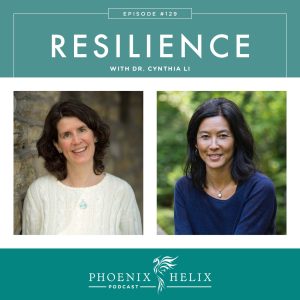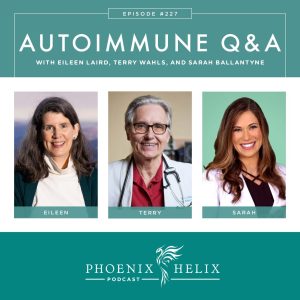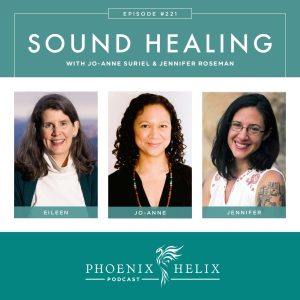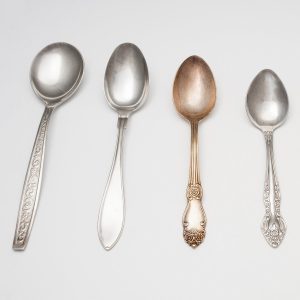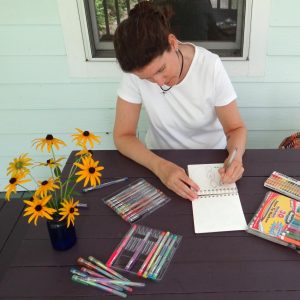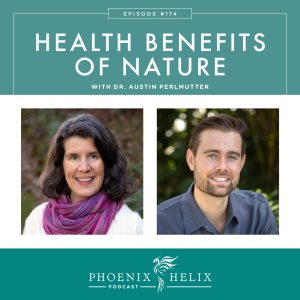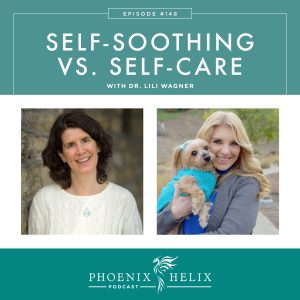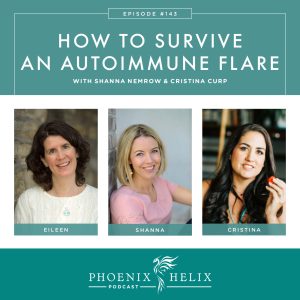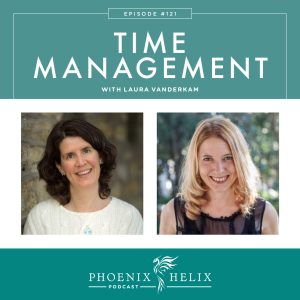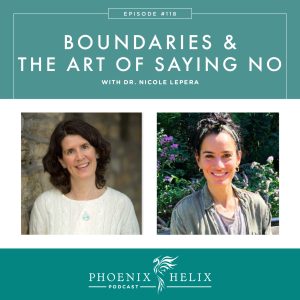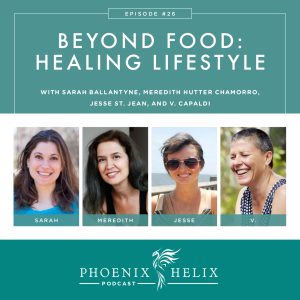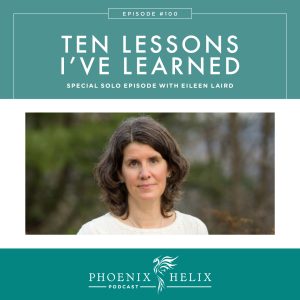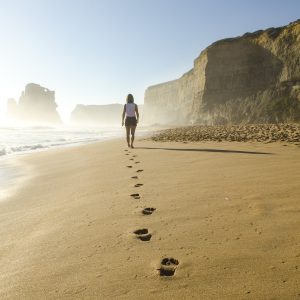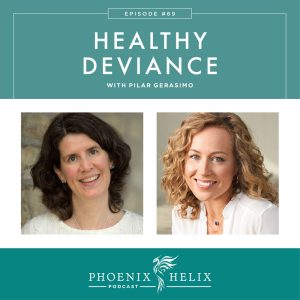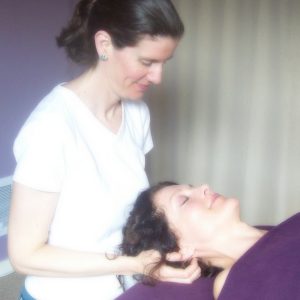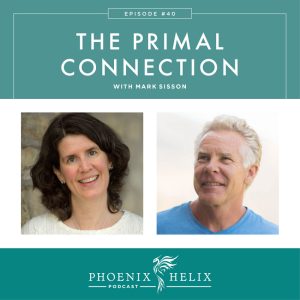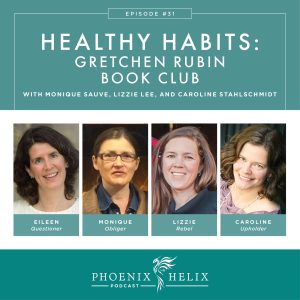Sound Healing is a therapy that uses sound and vibration to balance the mind, body, and spirit. I know that might sound woo-woo to some listeners, but as long as there have been people, music has been used for both expression and healing. There’s also some modern scientific research into its benefits, including reduced stress and anxiety, reduced pain, improved mood, and an overall sense of wellbeing. I personally fell in love with sound therapy after developing rheumatoid arthritis. The first time I received a 1:1 sound healing session was transformational. I don’t think I’ve ever felt a relaxation so deep, or my body so perfectly balanced. So, today, we’re doing a deep dive into sound healing, including different types, different instruments, and we’ll be demonstrating some sounds for you as well. It’s going to be a fun episode! My guests are two autoimmune warriors who are also sound healing practitioners: Jo-Anne Suriel and Jennifer Roseman.


